Providing equitable access to programs and opportunities by removing barriers to access based on location, socioeconomic situation or other factors is a key component of ensuring each learner can access Career Technical Education (CTE) without borders. This blog shares two programs as promising practices in Maine that allow all learners, regardless of location or socioeconomic situation to access dual-enrollment and early postsecondary learning opportunities.
 Maine offers two primary programs within their early college program offerings: the Dual Enrollment Career Technical Education Program and the Aspirations Program. A promising practice and important aspect of these programs is empowering local districts and CTE centers to choose the program and partner institution that best fits the needs of their learners.
Maine offers two primary programs within their early college program offerings: the Dual Enrollment Career Technical Education Program and the Aspirations Program. A promising practice and important aspect of these programs is empowering local districts and CTE centers to choose the program and partner institution that best fits the needs of their learners.
The Dual Enrollment Career Technical Education Program (Title 20-A, Chapter 229) focuses on fostering a cohort-based approach to provide students in their junior and senior years with access to college credit-earning CTE courses. This program is only open to the state’s CTE centers and to be eligible for the program a CTE center must meet the following requirements:
- Programming begins with the student’s junior year in secondary school
- Includes up to 3 years of summer career academies
- Includes a college freshman seminar experience
- Meets national concurrent enrollment standards
- Concludes at the end of summer following the student’s senior year in secondary school
- Includes college course work that provides the opportunity to earn a general associate’s degree allowing students of many diverse interests the opportunity to transfer credits earned to postsecondary education programs of their individual choosing
Additionally, CTE centers must include individual learning plans, academic and career assessment, college and career advising, career exploration, and job-shadowing opportunities matched to achieve the learner’s individual academic and career goals.
The Dual Enrollment CTE Program is optional, allowing schools to choose to participate if the program meets their needs and the needs of their learners. Maine’s 27 CTE centers and regions can partner with the University of Maine system, Maine Community College System, Maine Maritime Academy or approved independent institutions like the Bridge Academy Maine. The Bridge Academy Maine specifically works to offer college-level courses to Maine’s CTE centers providing hands-on experience. Offering programs that provide both career and college-readiness CTE opportunities enhances the options available to learners within the state.
Understanding that there are costs outside of just tuition, the Dual Enrollment CTE program also covers additional related costs to further enhance access and better support equity of the program. Some of the costs that centers can be reimbursed for are professional development, learning management systems, transportation costs, books, and work-based learning summer academies. CTE centers are able to utilize the reimbursement funds both for initial program startup costs as well as for the continuation of programs. The Dual Enrollment CTE Program is managed by the Office of Workforce Development and Innovative Pathways.
Promising practices:
- Empowering schools and districts with the option to participate and to partner with the institution that best fits their needs
- Reimbursement of costs outside of just tuition that can apply for both program startup and continuation costs
Since 1997 the Aspirations Program (Title 20-A, Chapter 208-A) has provided eligible learners the opportunity to receive academic credits towards a high school diploma and an associate or baccalaureate level degree through dual-enrollments and successful completion of college-level courses at approved Maine institutions. As a part of the Aspirations Program, learners may earn up to 12 free credits per academic year with a maximum of six credits per semester. This program is available to all Maine secondary schools and is also available to learners who are homeschooled.
The Aspirations Program allows learners to take courses during the summer, providing flexibility for learners and families. Summer programming has proven to be very successful with strong enrollment and completion rates showcasing the importance of not only empowering schools and districts but also empowering learners.
Understanding that there are transportation barriers, including those living in rural and remote populations in the state, programs can also apply for remote instruction hosted by the approved institutions. This open access, regardless of the type of institution or location, provides greater access to a larger population of learners. The Aspirations Program is funded through the Department of Secondary Education’s general budget. State funding of dual and concurrent enrollment is an important aspect of supporting the ability of learners to access this opportunity.
Promising practices:
- State funding for up to 12 credits per learner
- Providing flexibility for learners to take courses in the summer
- Empowering schools and districts to partner with the institution that best fits their needs
- Programs can apply for remote instruction to increase access for learners in rural and remote areas
To learn more about the impact of state funding on dual enrollment, read Dr. Kristin Corkhill’s research on The Impact of State Funding on Dual Enrollment Participation in Career, Technical and Agricultural Education Programs. An alumnus of the inaugural cohort of The Postsecondary State Career Technical Education Leaders Fellowship at Advance CTE – Sponsored by ECMC Foundation, Dr. Corkhill’s research was conducted as part of the Real World Project capstone project.
For more information on helping learners access high-quality CTE and early postsecondary opportunities without geographical barriers, read the CTE Without Borders Policy Playbook in the Leaning That Works Resource Center.
Paul Mattingly, Senior Policy Associate


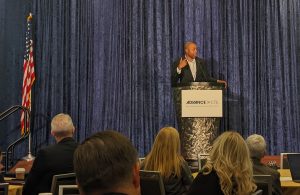 Our keynote speaker was Chike Aguh, an
Our keynote speaker was Chike Aguh, an 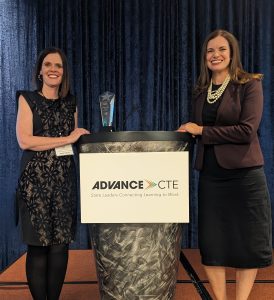
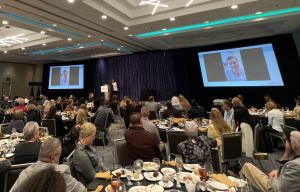
 As a State Career and Technical Education (CTE) leader, you know the value of CTE in preparing learners for a wide range of work opportunities. But to elevate CTE’s impact, it’s essential to use your expertise to build programs that grow and thrive.
As a State Career and Technical Education (CTE) leader, you know the value of CTE in preparing learners for a wide range of work opportunities. But to elevate CTE’s impact, it’s essential to use your expertise to build programs that grow and thrive.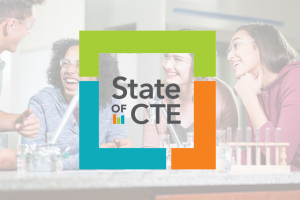
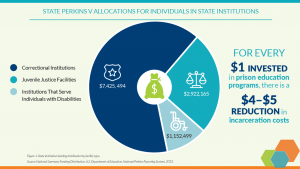
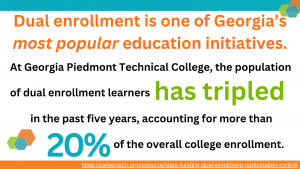
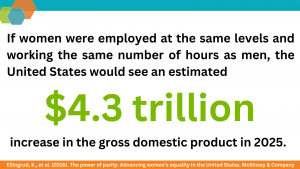
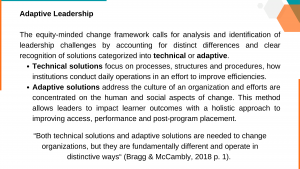
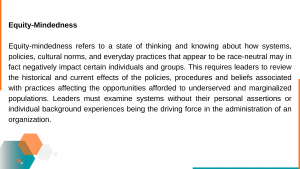
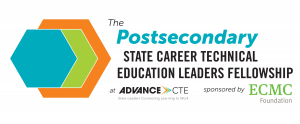

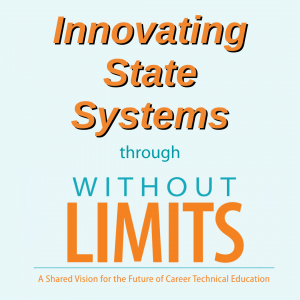 Over the past year, three states – Colorado, Nebraska and South Carolina – leveraged
Over the past year, three states – Colorado, Nebraska and South Carolina – leveraged 